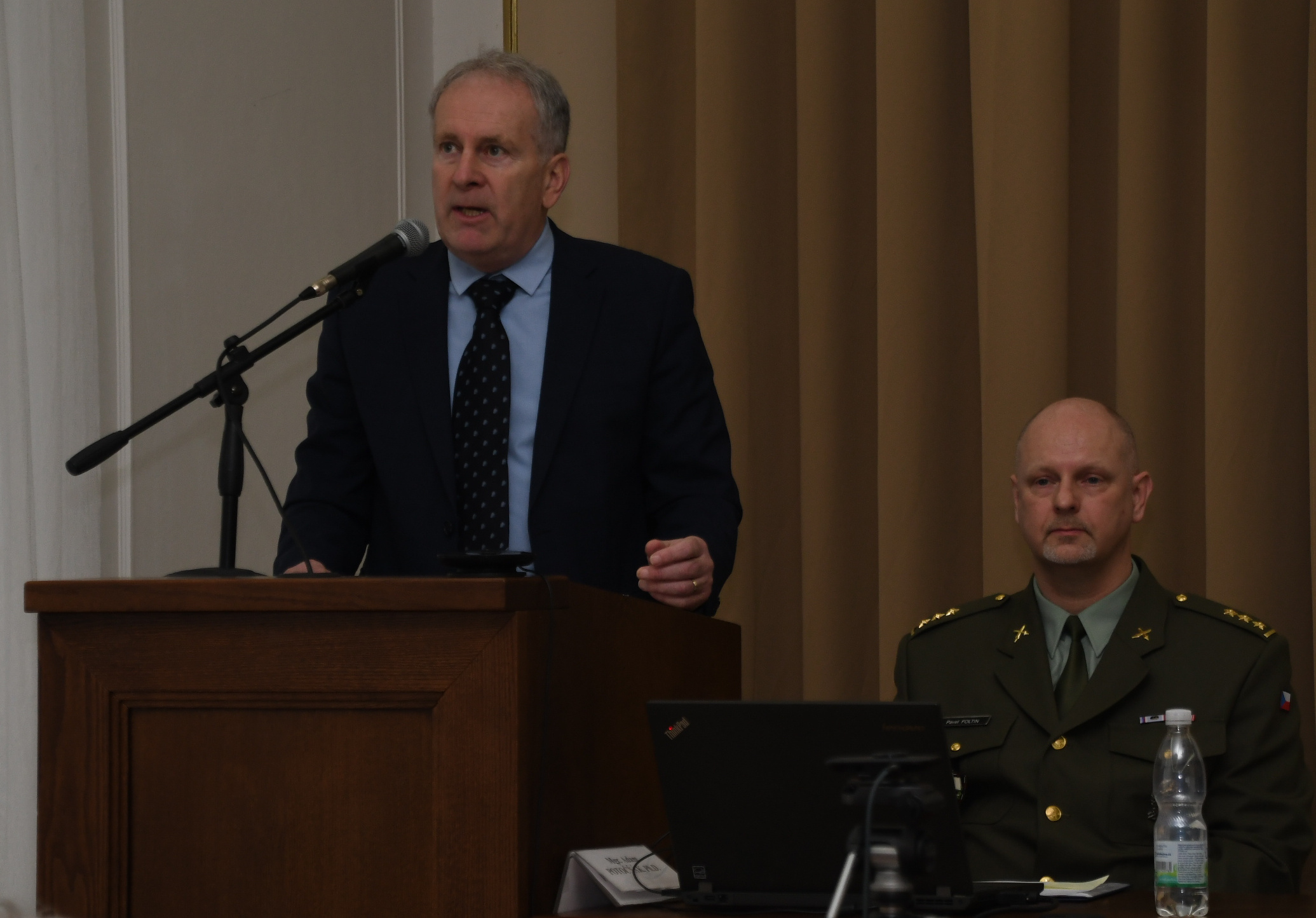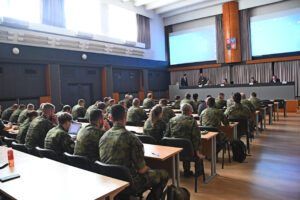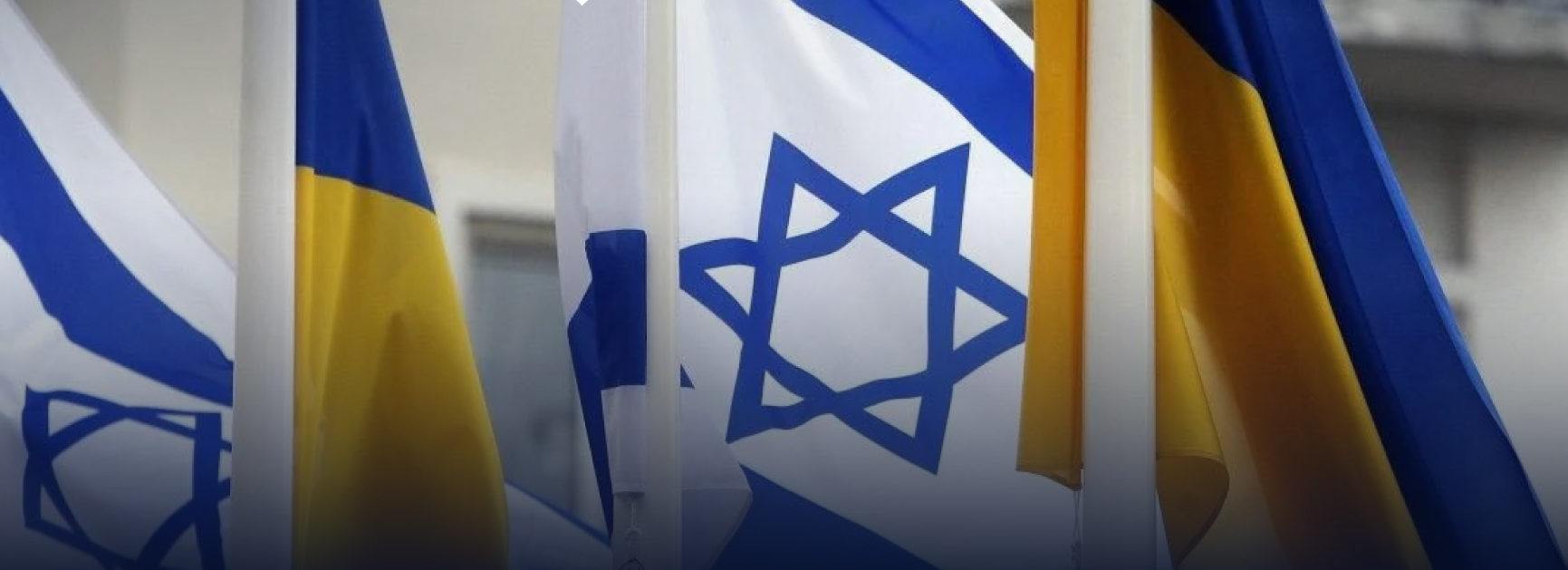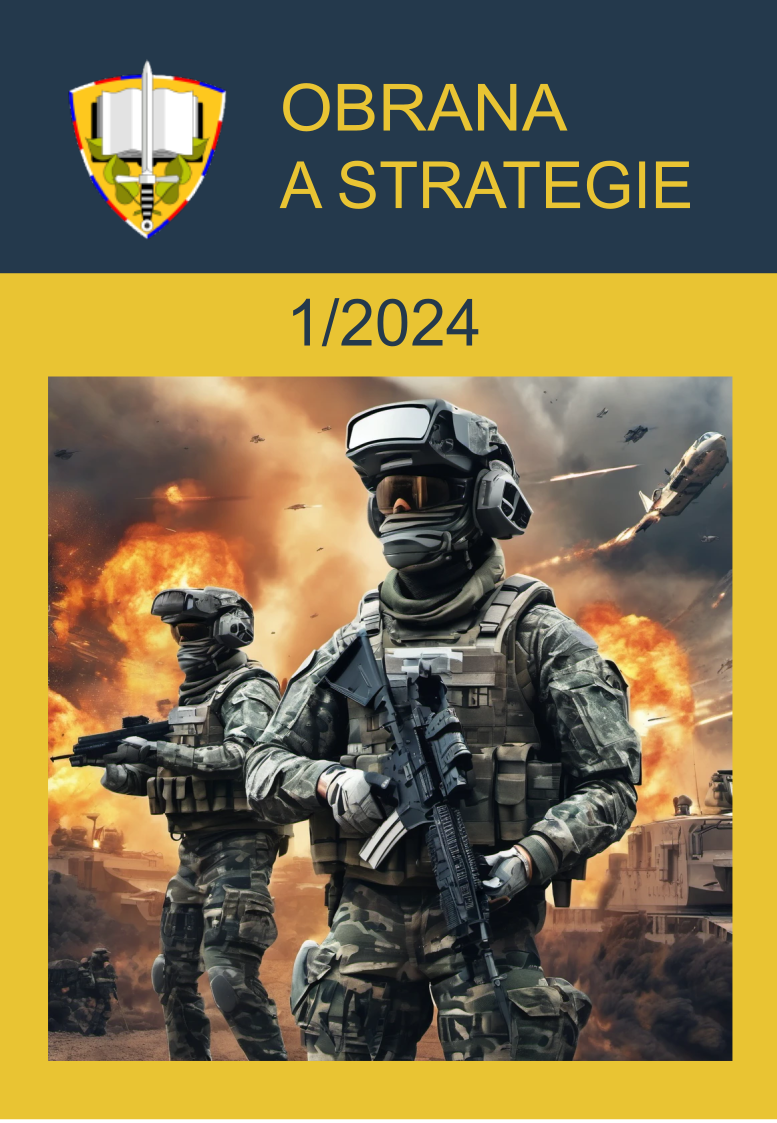Under the auspices of the Chief of the General Staff of the Army of the Czech Republic, Lieutenant General Karel Řehka, a panel discussion named „The War in Ukraine: Year Two“ was held on 27 February at the University of Defence Club, organized by the Centre for Security and Military Strategic Studies at the University of Defence.
The panellists, both military and civilian experts, focused on the political, military, and economic aspects of the Russian invasion of Ukraine, assessed its impact on the security and defence of the Czech Republic, and outlined strategic alternatives for the future developments of the conflict.
Associated Professor Josef Procházka, Director of the Centre for Security and Military-Strategic Studies at the University of Defence, opened the discussion by listing the strategic implications of the conflict for ensuring the defence of the Czech Republic. He stressed that Ukraine’s resistance against Russian aggression is „buying time“ for NATO and EU countries but called for intensified adaptation of the Czech Republic and its citizens to the new security environment and the resulting threats, including the threat of direct military conflict. The opening remarks were followed by Brigadier General Ladislav Rebilas, who summarized the critical lessons learned from Ukraine for training armed forces servicemembers, including the career education of professional soldiers before and during the war. At the end of the first panel, Col. Alois Matýzka, Commander of the Regional Military HQ Brno, spoke about the legislative and practical aspects of the training of territorial forces, including the Active Reserves of the Czech Army, and the possibilities of protecting critical infrastructure, also in the period immediately preceding the outbreak of war and later during the conflict.
Tomáš Řepa, PhD from the Faculty of Military Leadership at the University of Defence, opened the second panel by putting the ongoing war in Ukraine into a historical context, highlighting that the civilizational struggle over Ukraine’s membership in the geopolitical „East“ or „West“ has been going on for more than 400 years. Afterwards, Professor Miroslav Mareš from the Faculty of Social Studies of Masaryk University analyzed the impact of the war and the refugee wave on the public opinion of the Czech population, underlining manifestations of extremism related to the current presence of the large Ukrainian minority on our territory. His colleague, Professor Zdeněk Kříž, elaborated on the international political and geopolitical dimension of the conflict with an emphasis on strategic implications for the warring Russia and Ukraine, as well as for NATO and the EU countries. The panel was closed by Col. Vladan Holcner with a detailed analysis of the conflict in terms of the warring parties‘ economic power, military expenditures, and arms production, providing implications for the Czech Republic in the same areas.
The third panel was opened by Col. Václav Masopust, Director of the Military Hospital in Brno, with an insight into the evacuation capacities and military healthcare in Ukraine and the Czech Republic. His presentation was followed by practical knowledge from two years of providing medical care directly at the front by military medic Petr Karmazín from the Central Military Hospital Prague. At the end of the panel, Richard Stojar, PhD from the Centre for Security and Military-Strategic Studies at the University of Defence, summarised the current situation on the battlefield and the immediate prospects for the development of the conflict, especially regarding the international situation and political developments in Europe.
Each panel was followed by a discussion with the audience present in the hall and viewers watching the online broadcast. The Centre for Security and Military-Strategic Studies director, Associated Professor Josef Procházka, eventually concluded the almost four-hour panel discussion with his final remarks.





